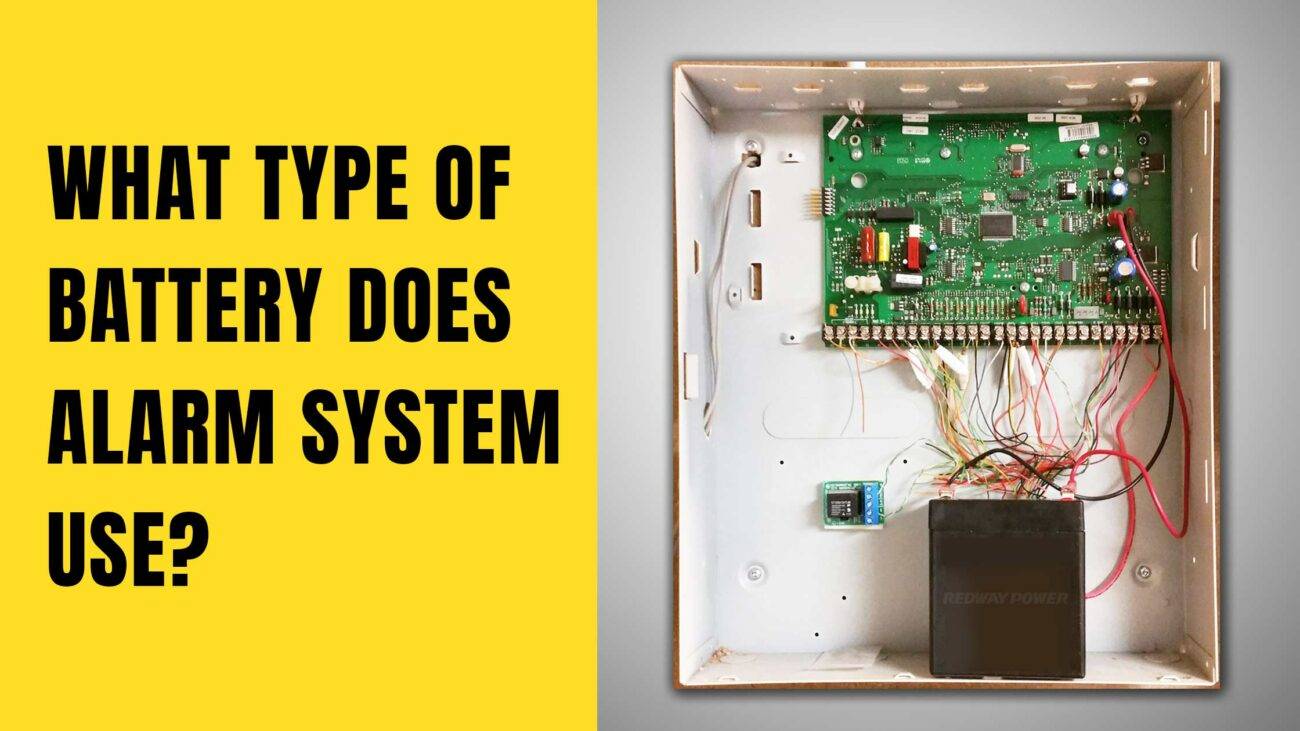- Forklift Lithium Battery
-
48V
- 48V 210Ah
- 48V 300Ah
- 48V 420Ah (949 x 349 x 569 mm)
- 48V 420Ah (950 x 421 x 450 mm)
- 48V 456Ah
- 48V 460Ah (830 x 630 x 590 mm)
- 48V 460Ah (950 x 421 x 450 mm)
- 48V 460Ah (800 x 630 x 600 mm)
- 48V 460Ah (820 x 660 x 470 mm)
- 48V 500Ah
- 48V 560Ah (810 x 630 x 600 mm)
- 48V 560Ah (950 x 592 x 450 mm)
- 48V 600Ah
- 48V 630Ah
-
48V
- Lithium Golf Cart Battery
- 12V Lithium Battery
12V 150Ah Lithium RV Battery
Bluetooth App | BCI Group 31
LiFePO4 Lithium
Discharge Temperature -20°C ~ 65°C
Fast Charger 14.6V 50A
Solar MPPT Charging - 24V Lithium Battery
- 36V Lithium Battery
- 48V Lithium Battery
-
48V LiFePO4 Battery
- 48V 50Ah
- 48V 50Ah (for Golf Carts)
- 48V 60Ah (8D)
- 48V 100Ah (8D)
- 48V 100Ah
- 48V 100Ah (Discharge 100A for Golf Carts)
- 48V 100Ah (Discharge 150A for Golf Carts)
- 48V 100Ah (Discharge 200A for Golf Carts)
- 48V 150Ah (for Golf Carts)
- 48V 160Ah (Discharge 100A for Golf Carts)
- 48V 160Ah (Discharge 160A for Golf Carts)
-
48V LiFePO4 Battery
- 60V Lithium Battery
-
60V LiFePO4 Battery
- 60V 20Ah
- 60V 30Ah
- 60V 50Ah
- 60V 50Ah (Small Size / Side Terminal)
- 60V 100Ah (for Electric Motocycle, Electric Scooter, LSV, AGV)
- 60V 100Ah (for Forklift, AGV, Electric Scooter, Sweeper)
- 60V 150Ah (E-Motocycle / E-Scooter / E-Tricycle / Tour LSV)
- 60V 200Ah (for Forklift, AGV, Electric Scooter, Sweeper)
-
60V LiFePO4 Battery
- 72V~96V Lithium Battery
- Rack-mounted Lithium Battery
- E-Bike Battery
- All-in-One Home-ESS
- Wall-mount Battery ESS
-
Home-ESS Lithium Battery PowerWall
- 24V 100Ah 2.4kWh PW24100-S PowerWall
- 48V 50Ah 2.4kWh PW4850-S PowerWall
- 48V 50Ah 2.56kWh PW5150-S PowerWall
- 48V 100Ah 5.12kWh PW51100-F PowerWall (IP65)
- 48V 100Ah 5.12kWh PW51100-S PowerWall
- 48V 100Ah 5.12kWh PW51100-H PowerWall
- 48V 200Ah 10kWh PW51200-H PowerWall
- 48V 300Ah 15kWh PW51300-H PowerWall
PowerWall 51.2V 100Ah LiFePO4 Lithium Battery
Highly popular in Asia and Eastern Europe.
CE Certification | Home-ESS -
Home-ESS Lithium Battery PowerWall
- Portable Power Stations
Can LiFePO4 Batteries Catch Fire Under Normal Use?

Lithium iron phosphate (LiFePO4) batteries are known for their stability and safety compared to other lithium-ion battery types. Under normal operating conditions, LiFePO4 batteries are highly unlikely to catch fire, making them a preferred choice for various applications, including electric vehicles and energy storage systems. Understanding their characteristics and safety features is essential for safe usage.
What are lithium iron phosphate (LiFePO4) batteries?
LiFePO4 batteries are a type of lithium-ion battery that uses iron phosphate as the cathode material. They offer several advantages:
- Stability: Less prone to overheating and thermal runaway.
- Long Cycle Life: Capable of lasting thousands of charge cycles.
- Environmental Friendliness: Made from non-toxic materials.
Chart: Key Characteristics of LiFePO4 Batteries
| Characteristic | Description |
|---|---|
| Chemistry | Lithium iron phosphate |
| Cycle Life | 2,000 – 7,000 cycles |
| Energy Density | Lower than NMC or NCA lithium-ion types |
| Safety | High stability with lower risk of fire |
How do LiFePO4 batteries compare to other lithium-ion batteries in terms of safety?
LiFePO4 batteries are generally considered safer than other lithium-ion types such as nickel manganese cobalt (NMC) or nickel cobalt aluminum (NCA) due to their:
- Thermal Stability: They have a higher thermal stability, reducing the risk of thermal runaway.
- Flammability: They use non-flammable electrolytes compared to more volatile materials in other chemistries.
What conditions can lead to thermal runaway in LiFePO4 batteries?
Thermal runaway can occur under certain extreme conditions:
- Overcharging: Excessive voltage can cause overheating.
- Short Circuits: Internal shorts can rapidly increase temperature.
- Physical Damage: Punctures or impacts can compromise cell integrity.
When these conditions occur, they may lead to increased temperatures and potential combustion.
Why are LiFePO4 batteries considered safer than traditional lithium-ion batteries?
LiFePO4’s inherent chemical properties contribute to its safety:
- Stable Cathode Material: The bond between iron and phosphate is stable under heat, preventing oxygen release that could fuel combustion.
- Lower Operating Temperature: They operate at lower temperatures, reducing the likelihood of overheating.
What unique safety features do LiFePO4 batteries possess?
LiFePO4 batteries come equipped with several safety features:
- Built-in Protection Circuits: Prevent overcharging, over-discharging, and short circuits.
- Robust Cell Design: Designed to withstand physical damage without leaking or catching fire.
- Non-flammable Electrolyte: The electrolyte used is less volatile than those in other lithium-ion chemistries.
Chart: Safety Features of LiFePO4 Batteries
| Feature | Description |
|---|---|
| Protection Circuits | Prevents overcharging and short circuits |
| Robust Design | Resists physical damage |
| Non-flammable Electrolyte | Reduces fire risk |
How does the cathode material affect the safety of LiFePO4 batteries?
The choice of cathode material significantly impacts battery safety:
- Iron Phosphate Stability: The bond between iron and phosphate is stable under heat, preventing oxygen release that could fuel combustion.
- Reduced Risk of Dendrite Formation: Unlike some other chemistries, which can develop dendrites leading to short circuits, LiFePO4 maintains structural integrity longer.
What are the risks associated with using LiFePO4 batteries?
While generally safe, there are still risks:
- Improper Charging Practices: Using incorrect chargers can lead to overcharging.
- Environmental Factors: Extreme temperatures can affect performance and safety.
- Aging Batteries: Older cells may have reduced performance and increased risk if not monitored properly.
Industrial News
Recent advancements in battery technology highlight a growing interest in lithium iron phosphate (LiFePO4) chemistry due to its enhanced safety features and long cycle life. Manufacturers are increasingly integrating this technology into electric vehicles and renewable energy systems, emphasizing its reliability and environmental benefits compared to traditional lithium-ion options.
Redway Power Insights
“LiFePO4 technology offers a compelling balance between performance and safety,” states an expert from Redway Power. “While no battery is entirely risk-free, understanding how to use and maintain them properly can significantly mitigate potential hazards.”
FAQ Section
Can LiFePO4 batteries catch fire?
Under normal operating conditions, they are highly unlikely to catch fire due to their stable chemistry and built-in safety features.What makes LiFePO4 safer than traditional lithium-ion batteries?
They have a more stable cathode material that does not release oxygen when heated, reducing the risk of combustion.What should I do if my LiFePO4 battery shows signs of swelling or overheating?
Immediately stop using the battery, disconnect it from any devices, and store it in a safe area away from flammable materials until it can be assessed by a professional.
Pros and cons of using a car battery for an alarm system
When it comes to securing your vehicle, using a car battery for your alarm system might seem like a convenient option. However, let’s explore the pros and cons to make an informed decision:
- Pros of Using a Car Battery:
- Availability: Car batteries are readily available and easy to connect.
- Emergency Backup: In a power outage, a car battery can temporarily power your alarm system.
- Cost-Effective: Car batteries are affordable compared to specialized alarm batteries.
- Cons of Using a Car Battery:
- Compatibility: Some alarm systems may not handle the additional amperage from a car battery well.
- Risk of Damage: Excessive stress on the battery could lead to premature failure.
- Limited Functionality: Car batteries lack features like low-voltage alerts and backup duration monitoring.
While a car battery can serve as an emergency backup, relying on a dedicated alarm battery ensures consistent performance and peace of mind.
Risks and safety precautions to consider
When considering using a car battery for your alarm system, safety precautions are crucial. Let’s explore the risks and precautions associated with this choice:
- Car Battery Hazards:
- Car batteries contain sulfuric acid and lead, both hazardous substances.
- Sulfuric acid can cause severe burns, while lead poses toxicity risks.
- Safety Precautions:
- Wear protective gear: Safety glasses and gloves are essential when handling car batteries.
- Proper installation: Ensure correct wiring and avoid short circuits.
- Ventilation: Work in a well-ventilated area to prevent hydrogen gas buildup.
While a car battery can serve as an emergency backup, follow safety guidelines and consider dedicated alarm backup batteries for consistent performance.
Steps to properly connect a car battery to an alarm system
Connecting a car battery to an alarm system requires precision and safety measures. Let’s break down the steps to ensure a successful installation.

- Gather Tools: Before starting, gather essential tools like a wrench, wire cutters, electrical tape, and extra wiring if needed.
- Disconnect Car Battery: Loosen the negative terminal nut using a wrench to prevent sparks. Locate a secure spot for the alarm system’s control module, away from heat and moving parts.
- Connect Control Module: Use appropriate gauge wiring to connect the positive and negative power wires of the control module to the corresponding terminals on the car battery. Ensure tight connections and double-check before reassembling any removed components. If unsure, seek professional assistance for a safe and successful installation.
Alternative power sources for alarm systems
Consider a deep cycle marine battery for consistent power, rechargeable and ideal for continuous alarm use. Solar panels convert sunlight into electricity, offering a sustainable and renewable energy source. Some systems can connect to your home electrical grid for uninterrupted operation, though professional installation may be needed. Choose wisely based on cost, convenience, and reliability to ensure your alarm system stays effective and operational!
Let’s explore some alternatives to ensure sustained power for your security setup.
- Deep Cycle Marine Battery: These batteries deliver consistent power and are rechargeable, making them suitable for continuous use in alarm systems.
- Solar Panels: Harnessing sunlight, solar panels convert energy into electricity, providing a sustainable and renewable power source for your alarm system.
- Home Electrical Grid Connection: Some alarm systems can connect to your home’s electrical supply for constant and uninterrupted operation, although this may require professional installation.
By considering factors like cost, convenience, and reliability, you can choose the best alternative power source to meet your alarm system’s needs, ensuring its effectiveness and operational continuity.
Maintenance tips for a car battery used for an alarm system
Inspect regularly for corrosion and casing integrity. Keep the battery charged through regular driving or use a maintainer during idle periods. Be mindful of extreme temperatures—park in shade and consider insulation. Proper care ensures reliable alarm system performance!
Here are some key maintenance tips to keep in mind:
- Check Voltage Regularly: Measure the battery voltage with a multimeter to ensure it stays around 12.6 volts when fully charged. Significant drops indicate potential battery issues.
- Keep Terminals Clean: Prevent corrosion by regularly cleaning battery terminals with a baking soda and water mixture or a commercial cleaner.
- Inspect for Damage: Regularly check for cracks, leaks, or other physical damage on the battery. Replace it immediately if any issues are detected.
- Avoid Deep Discharges: Prevent complete discharge to extend the battery’s lifespan and maintain performance. Ensure your alarm system has backup power to prevent draining the car battery.
- Store Properly: Store spare batteries in a cool, dry place away from direct sunlight and extreme temperatures.
By following these tips, you can extend the life of your car battery used for your alarm system, ensuring reliable performance when needed most!






















